 Rep. Anthony Weiner (D Brooklyn & Queens), a member of the House Subcommittee on Crime, Terrorism and Homeland Security, announced today the Department of Homeland Security (DHS) has awarded homeland security grants to 12 high-risk non-profit and religious institutions in Brooklyn.
Rep. Anthony Weiner (D Brooklyn & Queens), a member of the House Subcommittee on Crime, Terrorism and Homeland Security, announced today the Department of Homeland Security (DHS) has awarded homeland security grants to 12 high-risk non-profit and religious institutions in Brooklyn.
Weiner was instrumental in the creation of the DHS Nonprofit Security Grant Program (NSGP), which provides significant funding for security measures at institutions being singled out as potential terrorist targets such as hospitals, yeshivas and synagogues throughout the five boroughs. The grants can but used for physical security enhancements like cameras and alarms, or inspection and screening systems like x-ray machines. A total of 41 organizations in New York City have been awarded grants this year for a combined total of $3.2 million.
NON-PROFITS IN BROOKLYN RECEIVING DHS GRANTS
Maimonides Medical Center (Boro Park)
Mikvah Taharah Of Congregation Yetev Lev (Williamsburg)
Magen David Yeshiva (Boro Park)
Merkos L’lnyonei Chinuch Inc (Eastern Parkway)
L’Refuah Medical Rehabilitation Center (Boro Park)
Shorefront YM-YWHA of Brighton-Manhattan Beach (Brighton & Manhattan Beach)
Yeshivat Mikdash Melech (Boro Park)
Metropolitan Jewish Health Systems (Bay Ridge)
Yeshiva Ohel Moshe (Bensonhurst)
Yeshiva of Manhattan Beach (Manhattan Beach)
Young Israel of Bedford Bay (Sheepshead Bay)
Talmud Torah Imrei Chaim Viznts of Boro Park (Boro Park)
Institutions that qualified for the grant program were eligible to receive up to $100,000 – funds that can be used to train security personnel and install security measures such as surveillance cameras, barriers and controlled entry systems. The average award for grant winners this year is approximately $90,000, and the funds are expected to be delivered within the next 60 days.
In Fiscal Year 2005, Rep. Weiner helped secure $6.3 million in non-profit funding to protect dozens of institutions in the New York City area, including $2 million to thirty yeshivas and synagogues with an average grant of $65,000.
“It’s high time DHS realized that our non-profit institutions were at risk,” said Rep. Weiner. “Worshipers, museum goers, and hospital visitors expect and deserve a safe environment, and these grants will go a long way towards ensuring their safety.”
Rep. Weiner is an original cosponsor of the High Risk Nonprofit Security Enhancement Act of 2004, which called for the creation of the Homeland Security Grant program, and has long lobbied for DHS to quickly release security grants for non-profits.
(YW112)


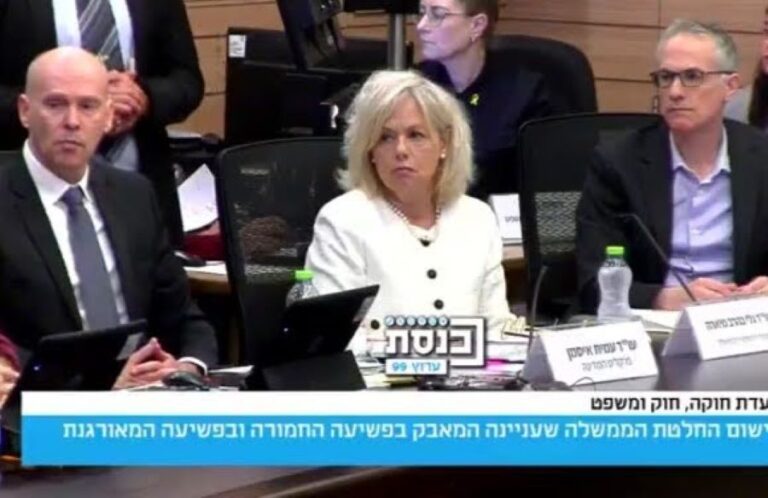
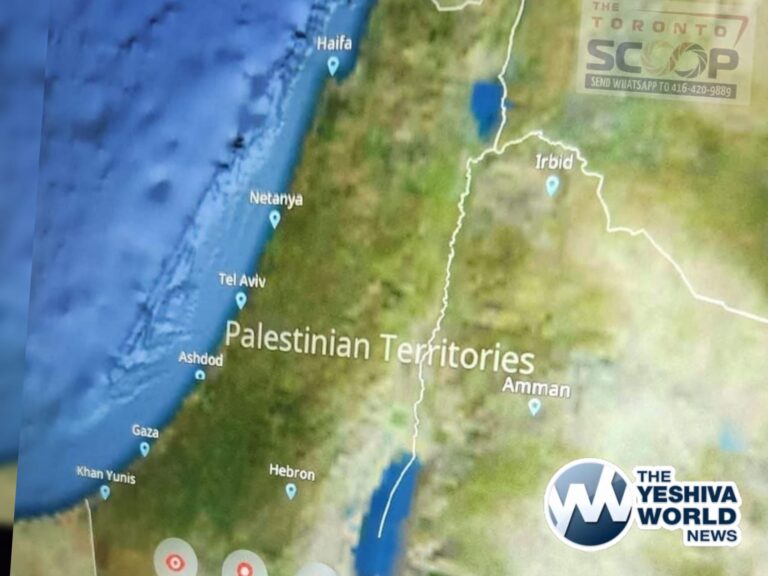


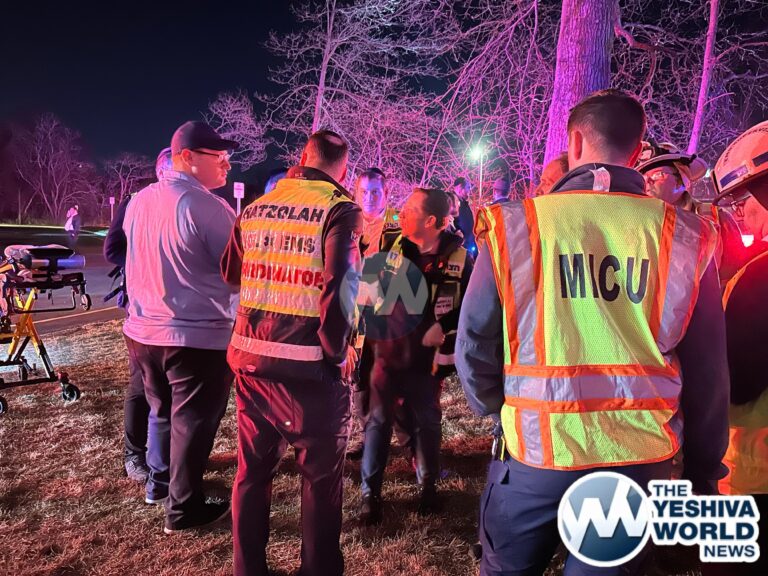
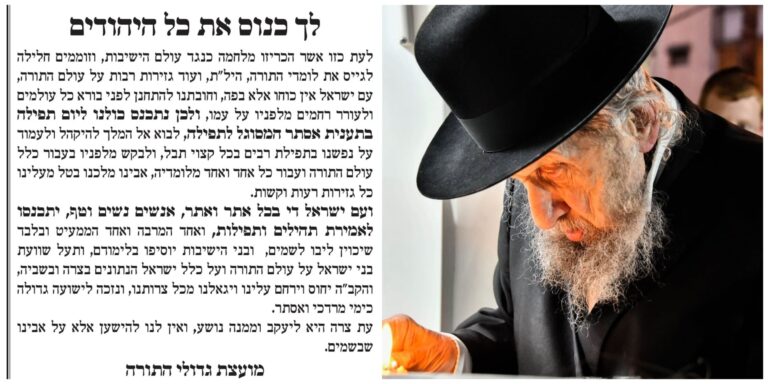
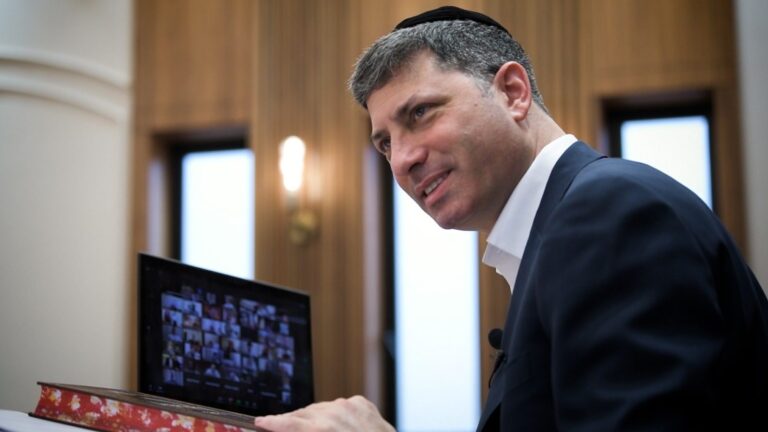
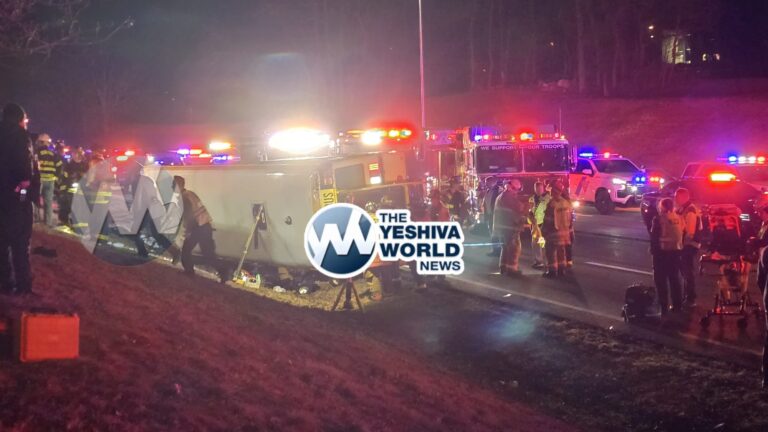
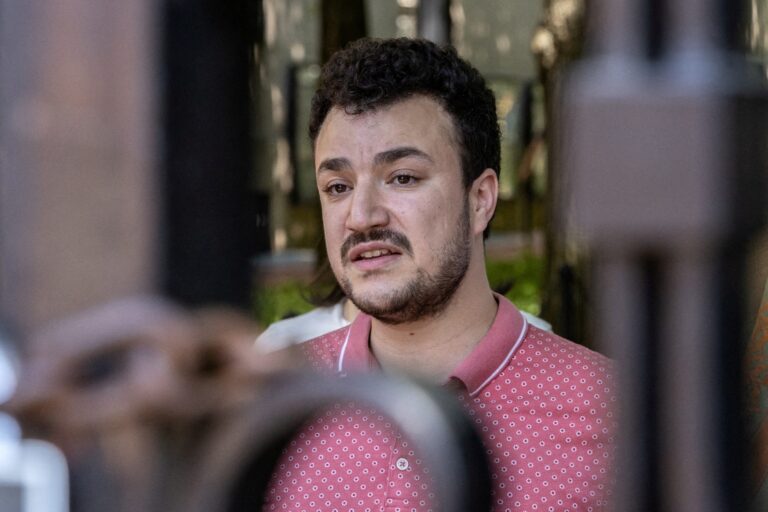
6 Responses
A Mikvah? The Young Israel of Bedford Bay??? There are much larger and higher-profile yeshivas and shuls around – this seems like a very odd list. If you asked me what places were “high risk” in Brooklyn, I think only Magen David and Maimonides would remain on the list.
The Congressman should be embarrased to even attach his name to this ‘success’. $3.2 million came to NY State, $21+ million to the rest of the very high risk parts of the country, including Phoenix, Tucson, San Diego, Anaheim, Denver, Miami, Orlando, Tampa, Atlanta, Honolulu, Detroit, Las Vegas, St. Louis, etc. Illinois and California receiving more funding than NY and llinois receiving a higher number of individual projects being approved.
What is really a joke is that the Yeshiva of Manhattan Beach is on the 4th floor of the Manhattan Beach Jewish Center. Both applied for the grant. The Yeshiva got it and the shul its in was rejected. There was no rhyme or reason given why any institution was awarded or rejected. However, even a casual look at the entire award list shows that the people at Homeland Security have no clue.
If you look at the list, there is one place that has thousands of people there every day and that is “Merkos L’lnyonei Chinuch Inc (Eastern Parkway)” otherwise known as 770.
I wonder why they put it down with the name Merkos…. unless that is the legal name of the property…
justajew – Don’t assume that all the shuls/yeshivas that didn’t get the grant were passed over. How many of them actually applied?
The process was long and loads of paperwork and you needed the NYPD to asses your institution’s need.
Most Mosdos didn’t apply.
guess its who you know as the saying goes in polotics
I’m not assuming anything. It still seems like an odd list. Where are you basing this information, that “most Mosdos didn’t apply” – do you have some sort of survey data to back this claim?